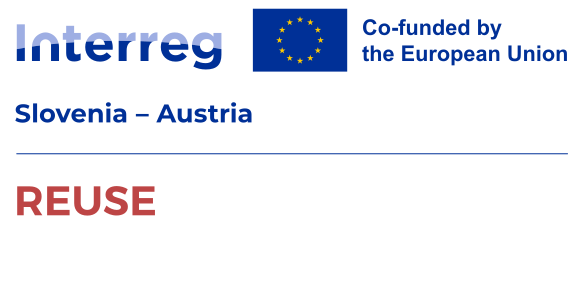Technology alone is not enough
1 Replies
You’re absolutely right — technology is only one side of the equation. In business modelling, we often say that technology changes processes, but people change systems. The success of green transformation depends not only on adopting efficient tools, but on embedding new habits, incentives, and values within companies and society. From an economic and organisational perspective, the most sustainable companies are those that connect technological innovation with behavioural innovation. For example, energy monitoring software makes sense only if management actually uses its data to change production planning. Similarly, a circular product design works only when employees, suppliers, and customers actively support the return or reuse of materials. That’s why many modern business models now integrate behavioural economics and change management alongside technology investment. The ultimate return on green technologies comes when people see themselves not as users of tools, but as co-creators of transformation. How does your company motivate people to adopt more sustainable habits in everyday operations?



.png)

.png)
.png)


Alice Reissová
User